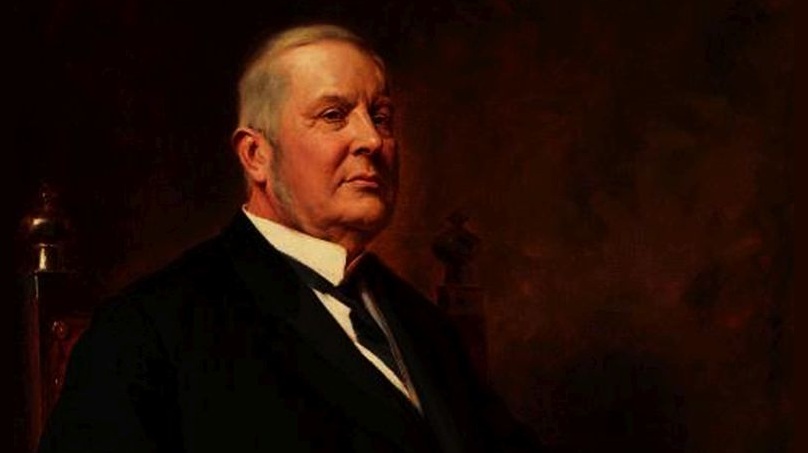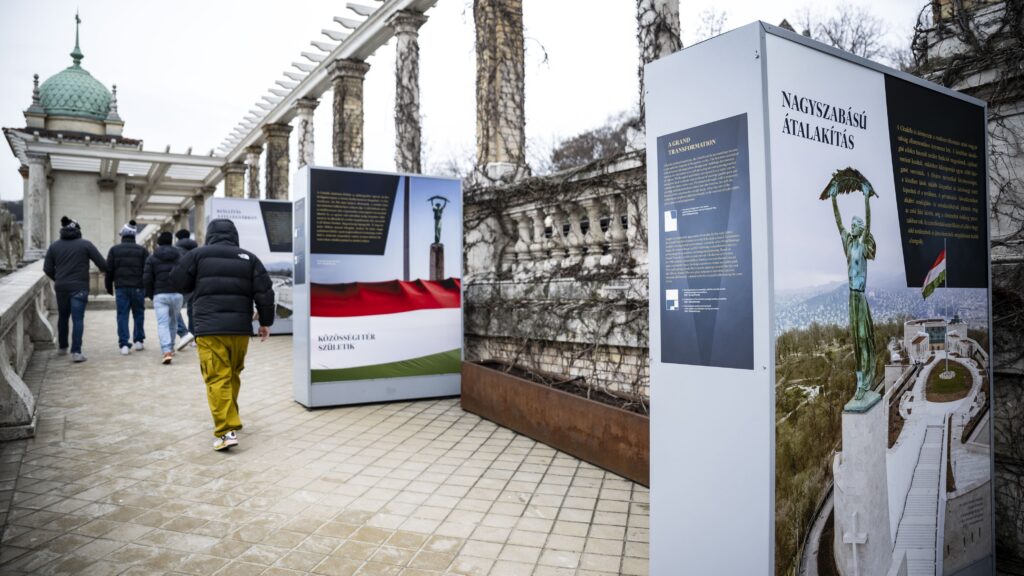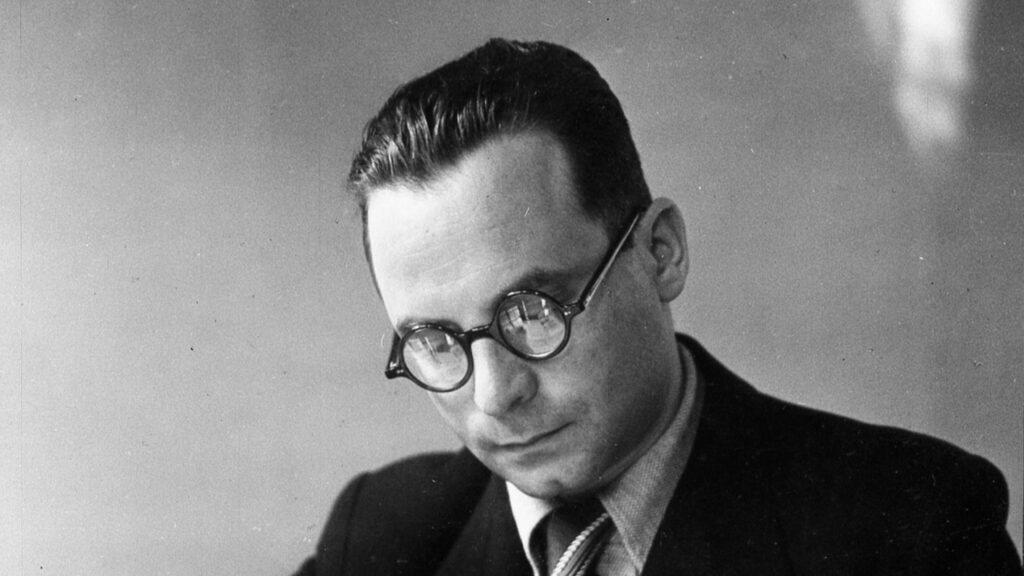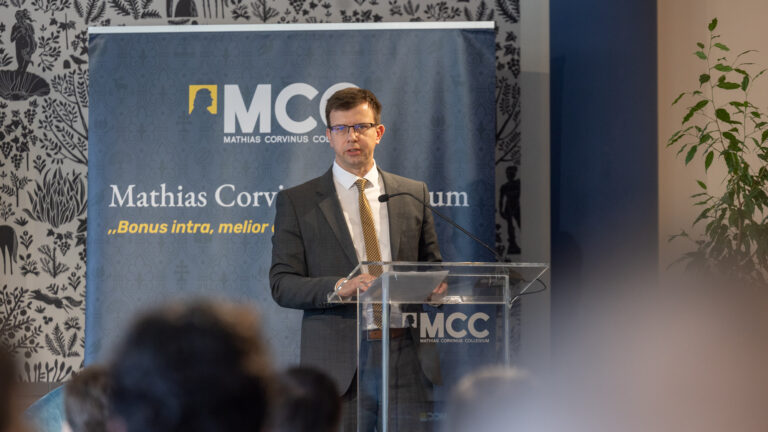In the dual monarchy period, Sándor Wekerle served as the Prime Minister of the Kingdom of Hungary in three non-consecutive tenures—he is the only Prime Minister in Hungarian history to do so.
Another, even more important, distinction is that he was the first person to serve as Prime Minister of Hungary who did not come from noble ancestry. He was born to an ethnic German family in Mór, Kingdom of Hungary, Austrian Empire on 14 November 1848, the year Hungarians rose up against the occupying Habsburg Empire. His father was the estate manager for the Lamberg family.
While the 1848–1849 Revolution and War of Independence was crushed by the Habsburgs, with help from the Russians, the Austro–Hungarian Compromise of 1867 established the dual monarchy with much more favourable terms and autonomy for the Hungarians. Wekerle got to govern as Prime Minister under that system.
He earned his law degree, and then started working at the Ministry of Finance in 1870. In 1889, he was appointed Minister of Finance by Prime Minister Kálmán Tisza. He won his first term as Prime Minister in 1892, as the candidate for the Liberal Party. His party won 234 seats out of 413 in the Hungarian National Assembly. Back then, only property-owning men were eligible to vote in the country.
In his first term, Prime Minister Wekerle transitioned the country to a gold currency, balanced the budget, and mandated the equal status of all dominations by law. However, he resigned in 1895, after Emperor Franz Joseph grew concerned that his efforts to separate church and state were too anti-religious.
‘In his first term, Prime Minister Wekerle transitioned the country to a gold currency, balanced the budget, and mandated the equal status of all dominations by law’
Wekerle returned to the office of Prime Minister in 1906—that time, as a member of the National Constitution Party. In his second, non-consecutive term, he focused on boosting Hungary’s industry in the midst of the Second Industrial Revolution. He served his last term as Prime Minister of the Kingdom of Hungary at the tail end of World War I, in 1917–1918. With the Central Powers’ loss in the war, the Austro–Hungarian Empire was dismantled, and Hungary lost two-thirds of its territory.
Under the Hungarian Soviet Republic of 1919, he was held as a political prisoner. However, after the first communist regime fell, Wekerle was able to return to some level of power, serving as the Chairman of the Public Education Council, then the National Monetary Council.
Today, 26 August, is the anniversary of Sándor Wekerle’s death. He passed away in 1921.
Related articles:







